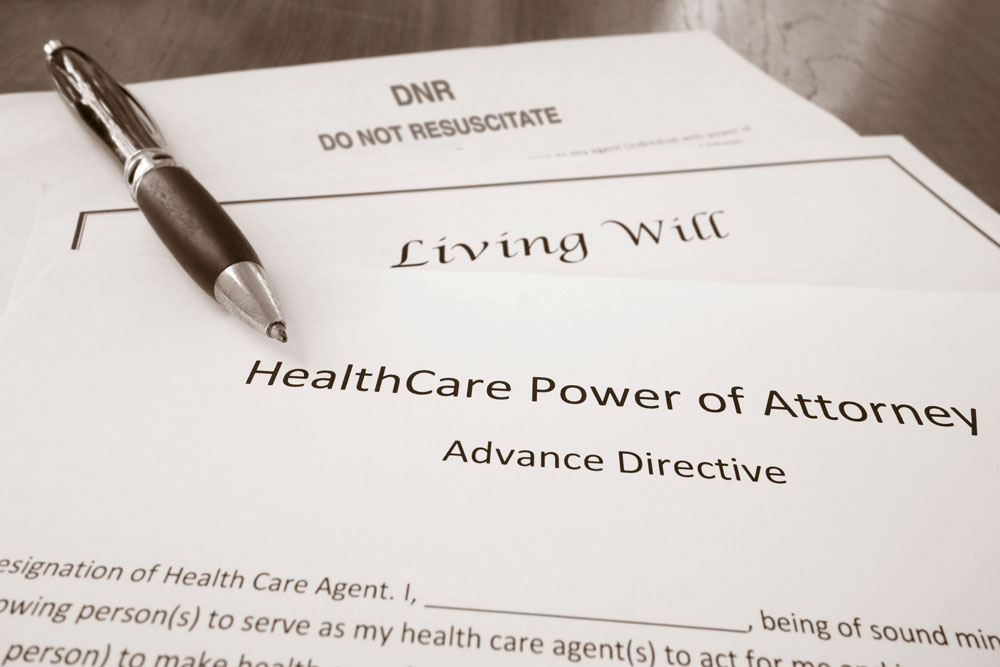Advance Directives: Sharing Your Healthcare Wishes
Whether you are living with a chronic disease or not, advance care planning is an important part of self-management at any age. An advance directive is meant to help patients plan ahead and guides doctors and loved ones in making clear decisions on their healthcare when they are unable to do so. Advance directives apply only to healthcare decisions, they do not affect financial matters.

Three Components of Advance Directives
Advance directives have three components: a living will, a healthcare power of attorney, and a Do Not Resuscitate (DNR) Order.
- A living will tells doctors how the patient wants to be treated if they are unable to make decisions on their own.
- A healthcare power of attorney is a legal document naming someone with the same values and wishes to make medical decisions for the patient at times the patient is unable to do so.
- A Do Not Resuscitate Order allows patients to choose whether they wish to have CPR performed if an emergency happens. When a DNR is signed, the doctor will write a medical order instructing all healthcare providers not to do CPR if the patient stops breathing or their heart stops beating.
Planning Ahead
When creating an advance directive, the plan must be in writing. In Ohio, the plan also must be notarized. It is important to give a copy to your doctors and those who will have healthcare decision making power. Keep a record of who has your advance directives.
By planning ahead, you can ensure you receive the medical care you want, avoid unnecessary suffering, and relieve caregivers of decision-making burdens and disagreements during emergencies and moments of grief.

